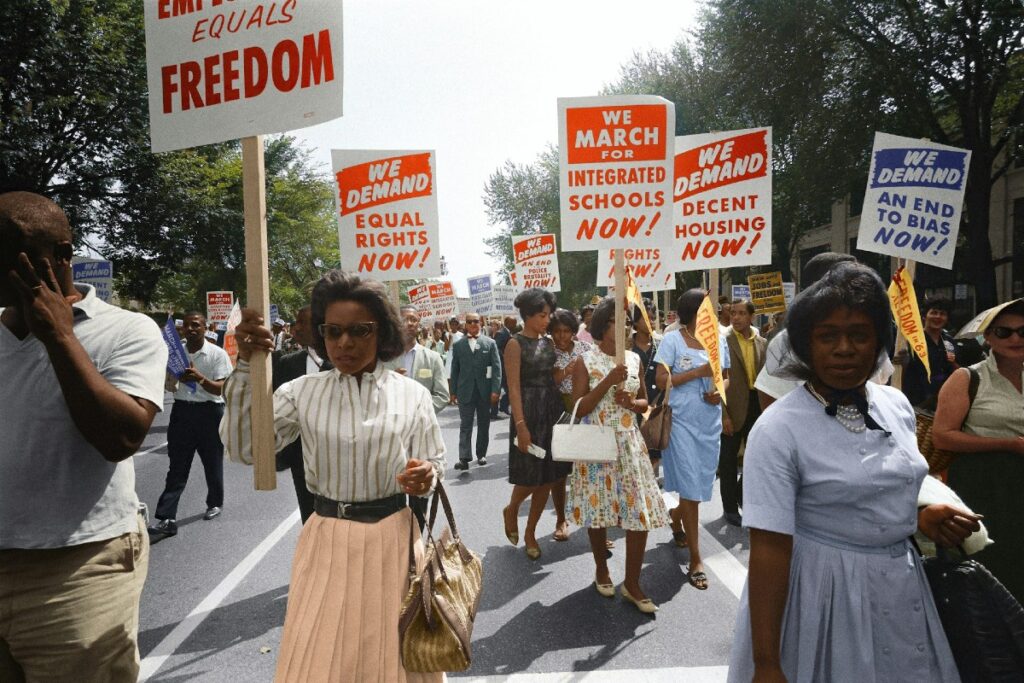
A state Department of Education decision not to offer an Advanced Placement (AP) high school course on African American studies in S.C. public schools next year is sparking an outcry from parents, students, teachers and state legislators.
The course, which has been offered for the past two years on a pilot basis, can still be taught by local school districts as an honors class, according to state education officials.
But teachers and parents note that in addition to providing college credit, AP classes are weighted more heavily than honors classes in grade point average calculations, which can be a critical difference when applying to colleges and universities.
Education Department Deputy Superintendent C. Matthew Ferguson explained the decision in a June 4 memo to school districts.
“In the years since this pilot began, there has been significant controversy surrounding the course concerning issues directly addressed by South Carolina’s General Assembly in a budget proviso as well as in pending permanent legislation,” Ferguson said. “The South Carolina Department of Education (SCDE) maintains its unwavering commitment to teaching the factual historical experience of African Americans to our students.”
The proviso and legislation to which Ferguson is referring forbid the teaching of ideas that conservative critics tend to lump together under the rubric of Critical Race Theory.
Nevertheless, many question the wisdom of discontinuing the course in a state with such a long and difficult history of racism and racial injustice.
“The message this sends is that African American studies is not important, and that’s disappointing,” Charleston Democratic Sen. Deon Tedder told Statehouse Report. “Unfortunately, we have a state government that likes to put politics over people and that’s what this is.”
According to Education Week magazine, South Carolina is one of 17 states that place legal limits on the way racial issues can be taught and discussed in its public school classrooms.
In other recent headlines
![]() S.C. lawmakers set to spend over $430M on local projects. The S.C. House and Senate budget plans for the fiscal year starting July 1 allocate more than $435 million in one-time spending on projects sponsored by legislators.
S.C. lawmakers set to spend over $430M on local projects. The S.C. House and Senate budget plans for the fiscal year starting July 1 allocate more than $435 million in one-time spending on projects sponsored by legislators.
S.C. Supreme Court Justice-elect Verdin says she’s ‘honored.’ S.C. Supreme Court Justice-elect Letitia Verdin will join the state’s high court in August after her unanimous election by the Legislature on Wednesday. When she takes office, the court will become all-White instead of all-male.
Abortion access has broad support in S.C., poll shows. A new Winthrop Poll shows broad support for abortion access among South Carolinians with more than four in five satins women ought to be able to get a legal abortion if a pregnancy threatened the life of the mother or resulted from rape. Some 48% of the state’s residents opposed the state’s six-week abortion ban, while 31% support it.
Fentanyl crisis not slowing down despite efforts. So far this year, there have been 40 confirmed deaths involving fentanyl in Charleston County, according to Charleston County Coroner Bobbi Jo O’Neal. The overdose crisis isn’t lessening anywhere, she said.
S.C. bill would let daycares hire people with disabilities without diploma. A bill allowing daycares to hire people without a high school diploma to supervise children is nearing the finish line after legislators agreed on a compromise Wednesday.
S.C. law could exempt trafficking victims from prosecution on minor offenses. Victims of sex trafficking could not be charged for the nonviolent crimes they’re forced into doing to survive under legislation nearing final approval in the South Carolina Legislature.
S.C. health agency merger can’t wait, lawmakers say. Legislation to merge six state health care agencies hit a roadblock on the last day of the General Assembly’s 2024 session over objections from hard-line conservative lawmakers that their concerns weren’t being considered.
What’s next for S.C.’s health, environmental agencies. The breakup of the state’s public health and environmental agency and creation of a new health campus happens in July but likely won’t really start until January.
State House candidate killed May 31 in car accident. Eric Childs, a combat veteran running for House District 6 seat in Anderson County, died May 31 in Greenville County in a collision.


